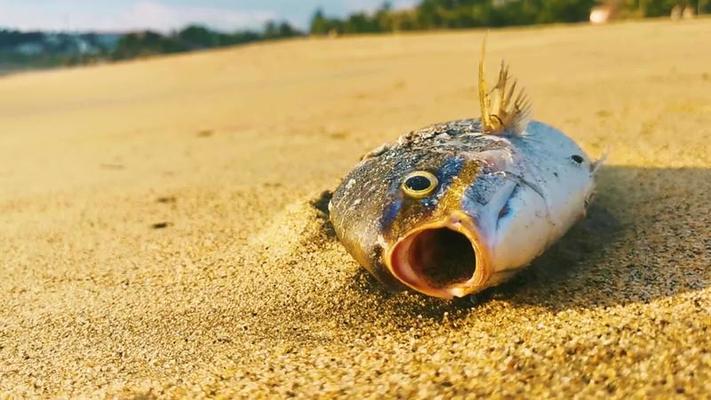Panama grants asylum to Ecuador editor as criticism mounts

Carlos Eduardo Pérez Barriga, director and editor of the Ecuadorian newspaper El Universo, has sought asylum in Panama’s Embassy in Quito.

On Wednesday, February 15, Ecuador’s National Court of Justice (CNJ) ratified a three year prison sentence and a $40 million fine after a trial for libel launched by the president of Ecuador, Rafael Correa. It followed the publication of an opinion piece.
The sentences were also imposed on columnist Emilio Palacio, and co-directors Cesar Enrique Perez Barriga and Carlos Nicolas Perez Enrique. The sentences have been condemned around the world.
Panama’s, Foreign Ministry said in a statement issued Thursday, that after considering the arguments presented by the journalist Perez Barriga, it had decided grant the request for diplomatic asylum based on "reasonable information for fear of personal safety and in accordance with the provisions of the international law standards of the Republic of Panama."
Correa said that he respects the decision of Panama but would have to talk to President Ricardo Martinelli. “But it is your decision. Panama is a sovereign country. It surprised us, because these gentlemen are not politically persecuted, but guilty under common justice." said Correa.
The right wing Ecuadorian president defined Martinelli as "a good friend" and "one of the presidents that privately and publicly complained about the excesses of the press", so that means he "understood quite well what is happening in Ecuador."
According to Correa, anyone sentenced in more than 12 000 lawsuits for injuries that are awaiting in Panama can now seek asylum in other countries.
Fernando Estudillo, deputy editor of El Universo, said the cases against journalists has been controversial and "many anomalies in the process, have been shown" and they leave in question the judgment and statements by Correa.
"The newspaper and its directors, after taking the case to the highest levels of justice in the country, will continue now to international courts where they are expected to present evidence that was not allowed in the Ecuadorian courts," he said.
Reporters Without Borders said it considered the consequences of a decision such as that imposed on El Universo will spread beyond the borders of Ecuador.
"The CNJ has just given a real boost to concerns that tomorrow could very well affect other media, regardless of whatever the established government," said the organization.
The group noted that although Correa filed the lawsuit in a personal capacity and not as head of state " it is hard to miss in this exorbitant sanction the inconsistency with the principles of the rule of law, under which acceptance of criticism, even the most virulent and unjust, is accepted by those democratically elected to power. "
Meanwhile, the Inter American Press Association (IAPA) rejected the ratification of the judgment against El Universo, considering that it is "another blow against independent media and press freedom.” Milton Coleman, president of IAPA, and senior editor of The Washington Post, described the judgment as a serious gag on press freedom and independent journalism.





